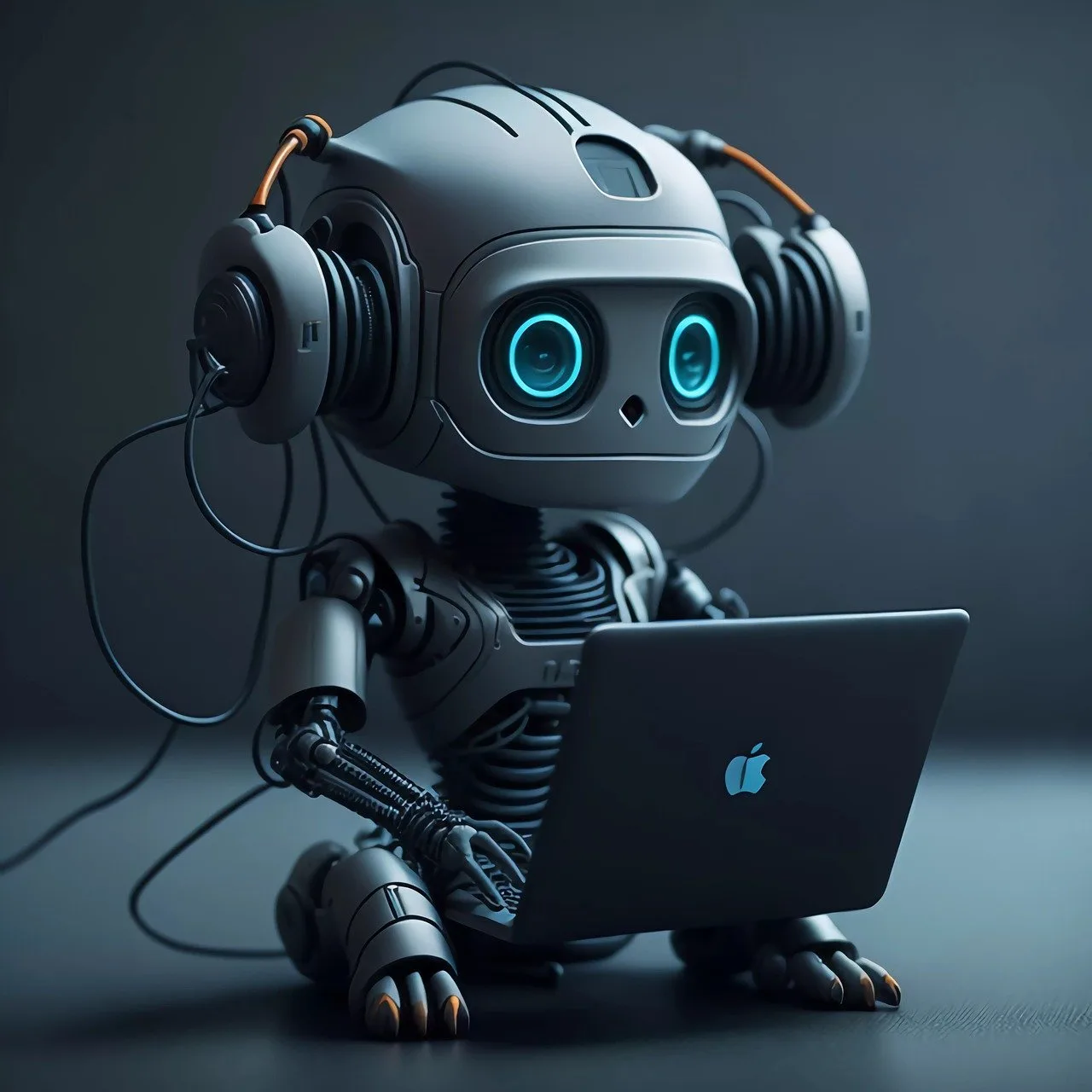How Is AI Replacing Human Resources?
Artificial Intelligence (AI) has emerged as a significant technological advancement in recent years. It has already revolutionized many industries, including healthcare, finance, and transportation, and is now making inroads into the human resources (HR) industry

How is AI Replacing Human Resources?
Artificial Intelligence (AI) has emerged as a significant technological advancement in recent years. It has already revolutionized many industries, including healthcare, finance, and transportation, and is now making inroads into the human resources (HR) industry. AI is being used to automate various HR processes, such as recruitment, onboarding, performance management, and employee engagement, with the potential to replace many of the traditional HR functions.
One of the most significant ways AI is replacing human resources is in recruitment. Traditionally, recruitment was a time-consuming process that involved manually sifting through resumes, scheduling interviews, and assessing candidates. Now, AI algorithms can do this work more quickly and efficiently. AI-powered recruitment software can analyze resumes and cover letters, conduct initial phone and video interviews, and even use facial recognition technology to assess a candidate’s facial expressions and body language.
AI is also being used to automate the onboarding process. This includes providing new hires with essential information about their role, company policies, and training materials. Chatbots powered by AI can answer employee queries and assist them in completing necessary paperwork. AI can also help organizations to assess the performance of new hires more quickly and accurately, allowing HR professionals to identify areas for improvement and make necessary adjustments.
In addition to recruitment and onboarding, AI is also making significant strides in performance management. Many companies are now using AI algorithms to assess employee performance and provide real-time feedback. AI can analyze employee data, such as productivity, attendance, and engagement, and provide managers with insights and recommendations for improvement. AI-powered chatbots can also provide employees with feedback and coaching, reducing the need for human intervention.
Another area where AI is replacing human resources is in employee engagement. Companies are using AI-powered chatbots and other digital tools to communicate with employees, gather feedback, and improve the employee experience. Chatbots can help employees to schedule time off, find answers to common questions, and receive personalized recommendations based on their preferences and behavior. AI can also be used to monitor employee sentiment and proactively address issues that could impact employee engagement and satisfaction.
While AI is undoubtedly transforming HR, there are concerns that it could replace human resources professionals altogether. However, this is unlikely to happen anytime soon. While AI can automate many HR functions, there is still a need for human intervention and decision-making. HR professionals bring a level of emotional intelligence, critical thinking, and strategic planning that AI is not yet capable of replicating.

AI
In the ever-evolving landscape of technological advancements, AI has emerged as a transformative force, gradually replacing certain human tasks and roles. With its ability to process vast amounts of data, learn from patterns, and make informed decisions, AI has begun to redefine traditional human functions in various domains. Here is a creative summary highlighting some ways in which AI is replacing humans:
- Creative Expression: AI algorithms are becoming proficient in generating art, music, and literature that rival human creations. From composing symphonies to producing stunning visual artworks, AI systems can now mimic human creativity, blurring the boundaries between human and machine-generated masterpieces.
- Data Analysis and Insights: AI algorithms excel at analyzing complex datasets swiftly and extracting valuable insights. With their ability to identify patterns and trends, AI systems are increasingly employed in fields like finance, marketing, and scientific research, supplanting human analysts and significantly enhancing decision-making processes.
- Customer Service: Virtual assistants and chatbots powered by AI are revolutionizing customer service. These intelligent systems can handle customer inquiries, provide information, and even simulate human-like conversations. By replacing human agents, AI is streamlining customer support processes, reducing costs, and offering round-the-clock assistance.
- Automation of Repetitive Tasks: AI-driven automation is efficiently taking over monotonous and repetitive tasks that were once performed by humans. In manufacturing, logistics, and assembly lines, robots equipped with AI algorithms are now capable of executing intricate operations with precision, speed, and consistency.
- Healthcare Diagnosis: AI algorithms are rapidly advancing in the field of healthcare, aiding in the diagnosis of diseases and medical conditions. By analyzing medical images, patient records, and symptoms, AI systems can provide accurate assessments, enabling early detection and personalized treatment plans. This reduces the burden on healthcare professionals and enhances patient outcomes.
- Transportation and Delivery: Self-driving vehicles and drones are becoming increasingly common, transforming the transportation and delivery sectors. AI-powered navigation systems and sensors enable autonomous vehicles to navigate roads safely and efficiently. Similarly, delivery drones equipped with AI algorithms can transport packages swiftly, revolutionizing logistics and potentially reducing human involvement in these tasks.
While AI’s progress in replacing certain human functions is undeniable, it is essential to recognize that humans still play critical roles in areas that require empathy, creativity, complex decision-making, and ethical judgment. As AI continues to evolve, its integration with human capabilities may shape a future where humans and machines work together synergistically, enhancing productivity and expanding the boundaries of what is possible.
Conclusion
In conclusion, AI is undoubtedly transforming the HR industry, automating many traditional functions and providing new ways to improve recruitment, onboarding, performance management, and employee engagement. While there are concerns about the impact of AI on human resources professionals, it is unlikely to replace them altogether. Instead, AI will likely work alongside human resources professionals, augmenting their capabilities and allowing them to focus on more strategic and creative tasks. As AI continues to evolve and become more sophisticated, it will undoubtedly play an increasingly vital role in the HR industry.






